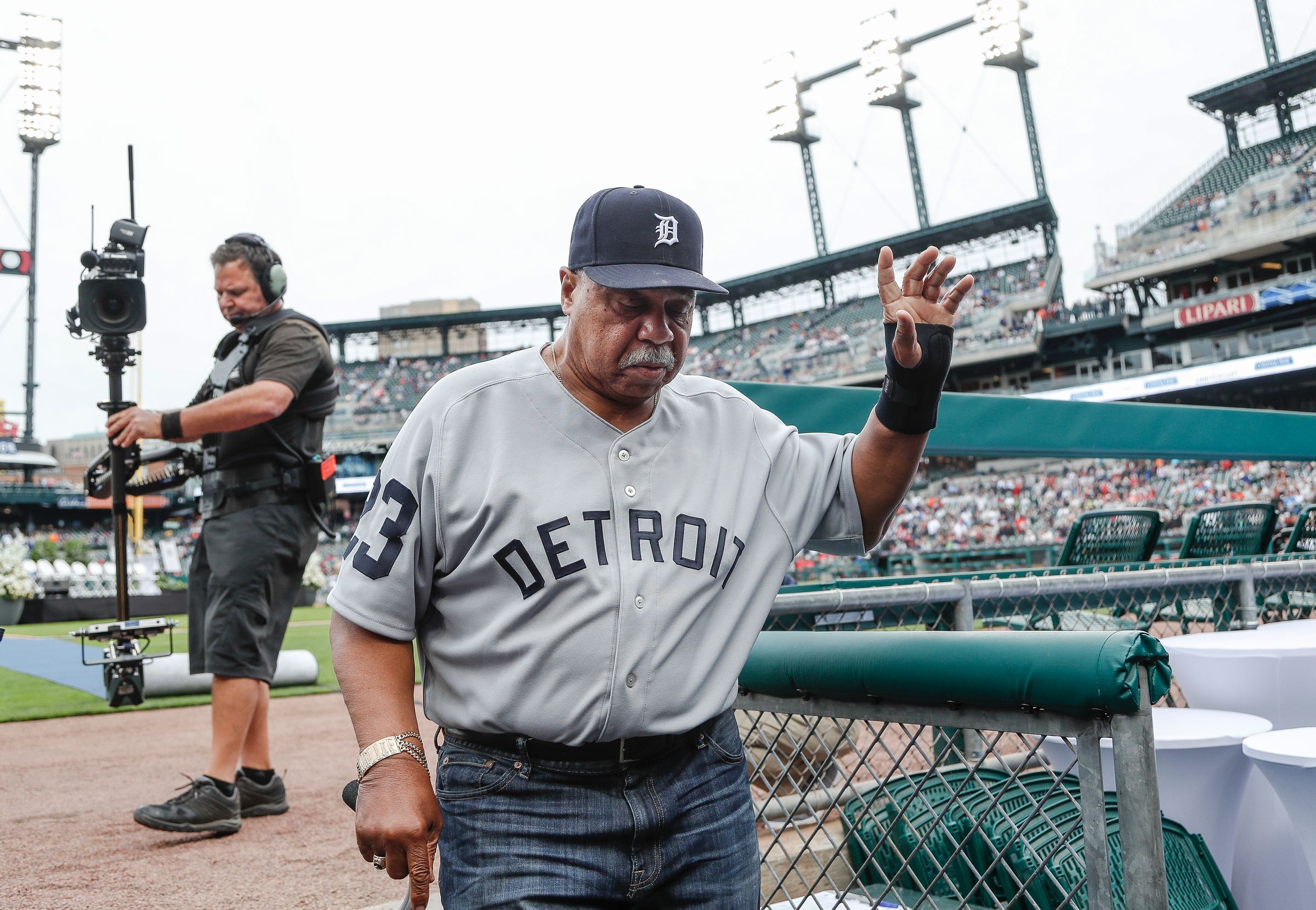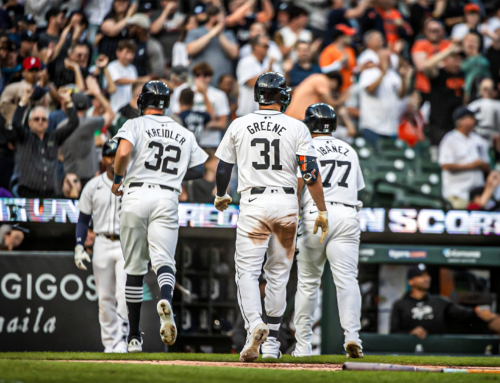To the older generation of Detroit sports fans, the name Willie Horton brings back memories of a 1968 World Series Championship, four all-star appearances and one of the most explosive bats in the Tigers history.
To the younger generation, Horton is a name you’ve heard from the old timers or someone you’ve never heard of.
His playing career
Horton had a long career spanning 18 years from 1963-1980, but he spent his first 14 seasons with the Detroit Tigers.
325 career homers solidifies Horton as one of the best sluggers in history. But as an outfielder he made one of the best plays in Detroit sports history on defense. Horton’s career defining moment came in game five of the 1968 World Series. St. Louis Cardinals star Lou Brock was at second base when a Cardinal batter lined a single to left. What no-one expected was for Horton to make his best throw of his life.
That moment came when the Tigers were on the brink of elimination. The throw sparked the comeback and three straight wins for the pennant.
“I did not have a great jump, but I thought I could make it, but Willie Horton made the throw of his life,” said Brock. “I never thought Horton could make that throw…” per, Mike Stone of CBS Detroit.
His play as a Tiger was spectacular and that moment solidified him as a “forever star” in the city of Detroit. That’s why he has his number and a statue in left-center field at Comerica Park.
But his play isn’t the only reason he’s remembered. As a near lifelong Michigander and a long-time Detroiter he experienced all the highs and the lows of the city. His story is a reminder of what a sports star meant to a city and how he cared for it.
An act of bravery
In the summer of 1967, Detroit changed forever. The riots had lasted a mere five days but the effects have continued into the landscape of what Detroit is today for better and for worse.
After years of built up tension, the imfamous incident on 12th Street left people, homes, businesses and communities destroyed.
While turmoil and uncertainty flooded the city, Horton and the Tigers just finished a doubleheader against the New York Yankees. Players were instructed to go straight home and avoid the conflict.
But Horton, a Detroit resident, knew the neighborhoods, knew the people and knew hard times the community was facing when hundreds of thousands of jobs and people left the city, per Lynn Henning, The Detroit News.
Horton went straight into the city, near 12th Street, where the riots began. When others told him not to go, he didn’t waste any time, even to change out of his uniform.
“All I remember is taking my baseball bag, putting my street clothes in, got in my car and got in the middle of the riot,” said Horton. “Got there… and I’m getting on top of the car, try to bring some peace.”
When Horton arrived and stood on top of his car, they were more concerned for Horton to get out of the chaos rather then themselves.
When the Tigers took down the Cardinals in 1968 it gave a tiny bit of hope for Detroit residents.
Willie’s continued impact
After his last at-bat with the Seattle Mariners in 1980 he eventually came back to Michigan where he still resides today. When longtime owner Mike Ilitch bought the Tigers, he hired Horton and other Tiger legends as consultants.
You can still regularly spot Horton at Tigers games, community events, sports card shows and in everyday public life.
As an active contributor to the area Horton is involved with charities like, United Way, Boys and Girls Clubs of America, Meals on Wheels, the Foundation for Fighting Blindness and sponsors a $5,000 college scholarship for a Northwestern High School graduate, per Ryan Ford, The Detroit Free Press.
A staple in the community and a true sports legend, Horton represents what a player can mean to a city. That’s why Oct. 18 is annual “Willie Horton Day” in Michigan.












